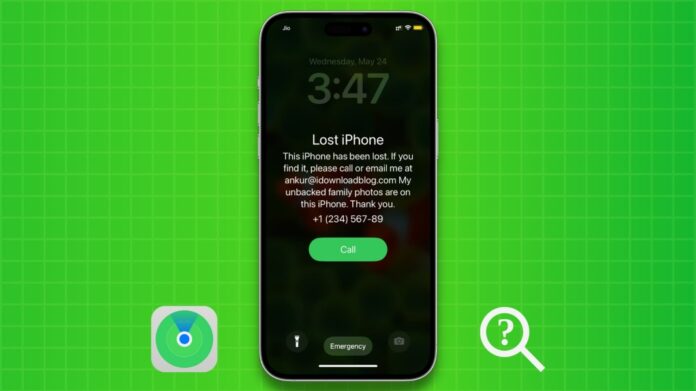Losing your iPhone can be a distressing experience, but for users in South Korea, the situation is even more frustrating due to the inoperability of Apple’s ‘Find My’ feature. Whether you bought your iPhone in South Korea or brought it from abroad, you won’t be able to use this crucial feature to locate your lost device or share your location.
Apples Input
Apple’s support forums and official statements suggest that this limitation is due to local laws. However, the Find My support page merely notes, “Location sharing isn’t supported in South Korea and may be unavailable in other regions due to local laws.” This has led to skepticism among users and raised questions about the actual reasons behind the restriction.
Interestingly, South Korean tech giant Samsung faces no such constraints with its equivalent location-tracking service, deepening the mystery. Discussions on forums and a petition on the National Assembly Petition website argue against the notion that local laws are the primary cause. Apple’s own responses add to the confusion, with statements indicating that the restriction might stem from internal policy rather than legal requirements.
South Korea’s Law
A key point of contention is South Korea’s law mandating that all location data be stored for six months and be accessible by the government. Apple’s commitment to stringent privacy policies likely conflicts with this requirement. Yet, the law theoretically applies to South Korea’s outlying territories, where Find My reportedly works, further muddying the waters.
Despite the disabling of Find My, other Apple apps like Photos and Fitness still record location data from network and Wi-Fi details. This inconsistency has not gone unnoticed. In June 2024, South Korea fined Apple $150,000, suspecting the company of continuing to track location data despite the Find My restriction.

This isn’t the first clash between Apple and South Korean authorities over precise location data. In 2023, Apple sought to export high-precision map data to improve Apple Maps, but the government denied permission, citing security concerns.
Apple Airtags
South Korean users are understandably frustrated, especially since Apple’s online store in South Korea sells AirTags, which are meant to be used with the Find My network. This contradiction underscores the ongoing tension between user expectations, corporate policies, and governmental regulations in the realm of digital privacy and security.
In summary, the disabling of Apple’s Find My feature in South Korea serves as a reminder of the complex interplay between technology, privacy, and local regulations. As digital privacy concerns continue to evolve, users must stay informed and prepared for such regional discrepancies.
Stay tuned to Brandsynario for latest news and updates.





































